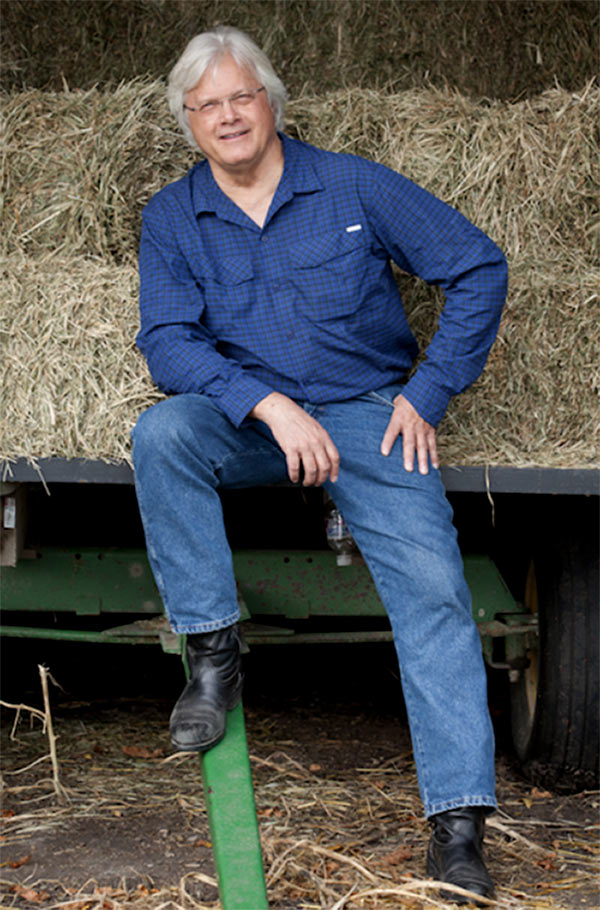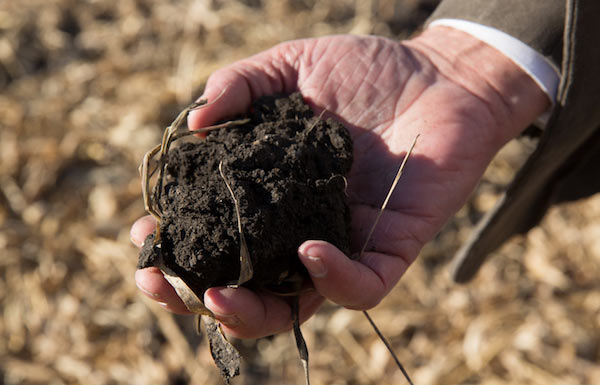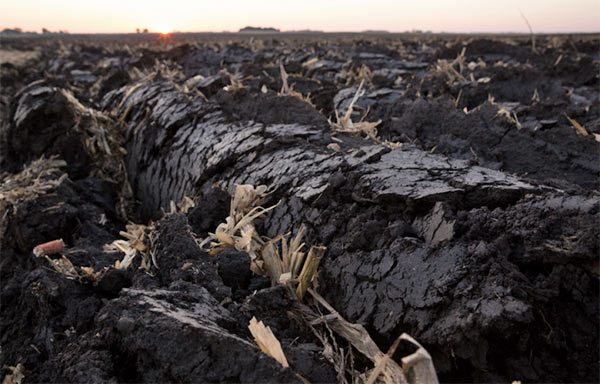Senate Agriculture Committee Passes Farm Bill with Big Wins for Organic
June 13, 2018 – Today the Senate Agriculture Committee voted to favorably report the Agriculture Improvement Act of 2018 (S. 3042), the Senate Farm Bill, out of Committee by a vote of 20-1. Senator Grassley (R-IA) voted against the bill.
The next step is the floor of the Senate, where members will vote on passage of the Farm Bill. During the debate, Senate Majority Leader Mitch McConnell (R-MY) promised that the bill will reach the Senate floor before the Fourth of July.
With the Senate Agriculture Committee’s passage, organic agriculture is one step closer to unprecedented achievements in the Farm Bill. We are very pleased the Senate Agriculture Committee has included a historic increase in funding for organic research, strong language on organic enforcement, funding for the organic data initiative, and support for the certified organic cost share program.
Specifically, the Senate Farm Bill text renews the USDA’s Organic Agriculture Research and Extension Initiative (OREI), which was funded at $20 million in the last Farm bill, to $40 million over the next two years, gradually increasing to $50 million annually by 2022. This investment in organic agriculture provides the necessary baseline funding to support robust scientific research, education programs, and extension resources to help American farmers and ranchers succeed in organic agriculture.
The Senate draft also included a wide array of provisions for the organic sector that OFRF advocated for. This includes robust enforcement and trade oversight, along with $11.5 million in annual funding for the organic certification cost share programs, $5 million for the organic data initiative, increased authorizations for the National Organic Program (NOP), as well as some changes to conservation programs that support organic farmers and those seeking to transition to organic.
While OFRF was not advocating for any changes to the National Organic Standards Board (NOSB), there were some serious concerns the Senate draft would seek to undermine the integrity and authority of the NOSB. While the bill does make a minor change that codifies the current voting structure of the Board, requiring a 2/3’s majority vote on any motion that seeks to amend the National List, it does not undermine the overall integrity of the NOSB.
Many thanks to the Senate Agriculture Committee Chairman Pat Roberts (R-KS) and Ranking Member Debbie Stabenow (D-MI), as well as all of their staff, for their efforts to ensure that organic farmers and ranchers will have the research, tools, and programs necessary for success. We also applaud the hard work of Senators Bob Casey (D-PA) and Susan Collins (R-ME) who were champions for an increase for organic research; Senator Tammy Baldwin (D-WI) who championed organic trade enforcement; Senator Patrick Leahy (D-VT) who pushed to address the separate and unfair payment limit for organic and transitioning-to-organic producers in the USDA Environmental Quality Incentives Program; and Senator Amy Klobuchar (D-MN) for expanding the eligibility for landowners with expiring Conservation Reserve Programs to allow new farmers to begin to transition to organic production and make conservation improvements up to 2 years before the contract expires.
With the strong support for organic agriculture in the Senate, we are thankful that this bill has passed out of committee and hope that it passes the Senate.
However, it is still a long road to the passage of the Farm Bill.
In May, 2018 the House of Representatives failed to pass their draft of the Farm Bill. While OFRF worked hard to build support for organic agriculture in the House, the bill only included a small increase in organic research funding, level funding for organic data collection, as well as language to increase organic trade oversight, but no funding for organic cost share.
If the House and Senate both pass different versions of the Farm Bill, the differences will be parsed out in conference committees and returned to the House and the Senate for final approval, before going to the President to be signed into law.
With the current Farm Bill set to expire on September 30, 2018 there is a lot riding on this process. As the Farm Bill continues, OFRF will keep advocating to ensure the voices and needs of organic farmers are heard, and that programs that support the success of the organics that are part of the Senate draft are included in the final Farm Bill.›
The Farm Bill is important for all Americans. We strongly encourage the members of the Congress to work toward a bipartisan solution that supports America’s farmers, consumers, and communities.



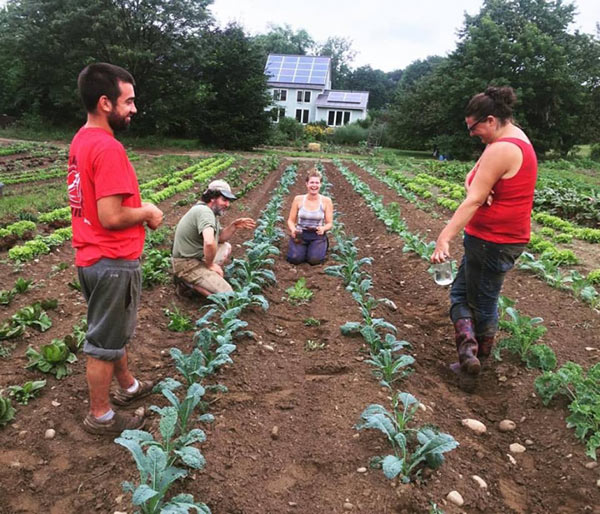
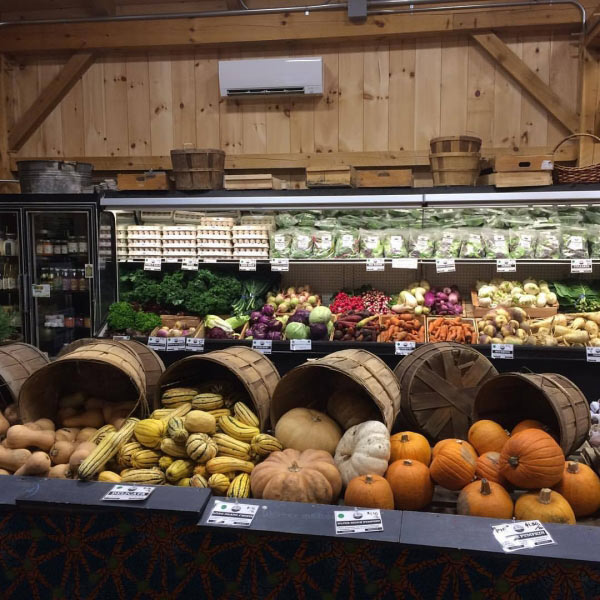

 May 2, 2018 – OFRF’s Board of Directors is pleased to announce a research grant award to Edmund Frost of Common Wealth Seed Growers. The project will assess resistance to both Bacterial Wilt and Cucurbit Downy Mildew among selected cucumber and muskmelon seedstocks, continuing with the development of a pickling cucumber that is resistant to both diseases.
May 2, 2018 – OFRF’s Board of Directors is pleased to announce a research grant award to Edmund Frost of Common Wealth Seed Growers. The project will assess resistance to both Bacterial Wilt and Cucurbit Downy Mildew among selected cucumber and muskmelon seedstocks, continuing with the development of a pickling cucumber that is resistant to both diseases.